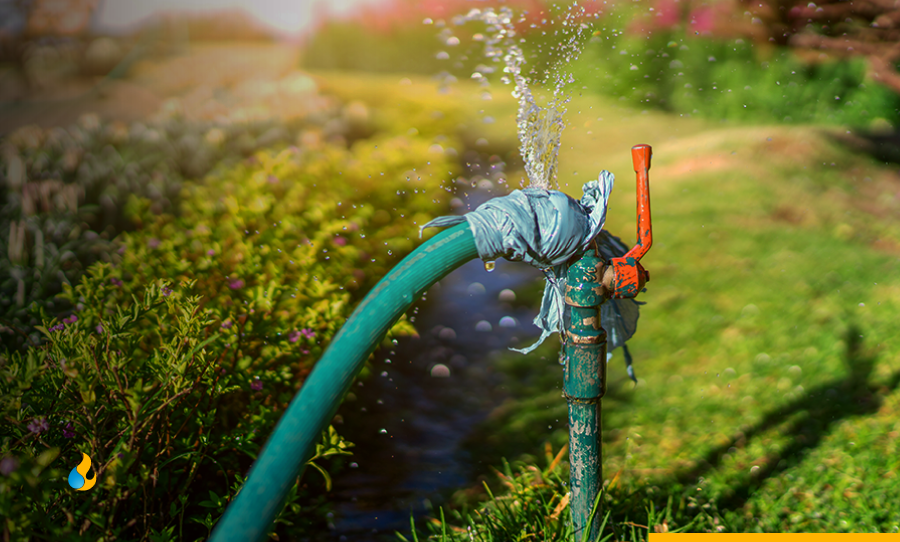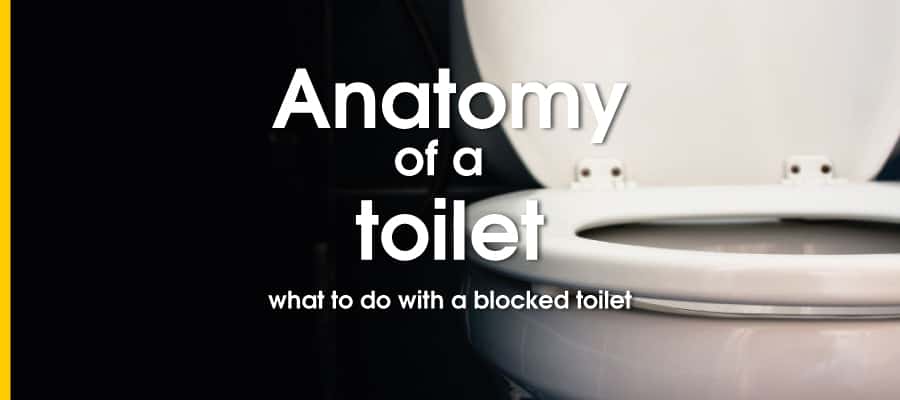If it’s not broken, don’t fix it… right? But what happens when your hot water system suddenly stops working, and you’re stuck taking cold showers or wondering if your dishes are truly clean? Knowing the different types of hot water systems available, the installation process, and the associated costs will help ensure that you’re prepared before any problems arise.
We often don’t think about how much we rely on hot water until we don’t have it. Hot showers, dishwashers, washing machines—all these appliances depend on a functioning hot water system. Understanding your needs and options can make all the difference when it’s time to replace or upgrade your system.
Things to Consider Before Buying a Hot Water System
- Household Size and Water Usage: The number of people in your household will determine the size of the water heater you need. As a general rule, a 250-litre hot water system will service around two to five people. But it’s not just about the number of people—think about how many appliances use hot water. If you often have the shower, dishwasher, and washing machine running simultaneously, you’ll need a system with enough pressure to handle the demand without skyrocketing your water bill.
- Water Efficiency: Choosing the right hot water system is only part of the equation. Using efficient fixtures like low-flow showerheads and faucets can help save on the total amount of hot water used, which in turn reduces your energy costs.

How Much Does a New Hot Water System Cost?
Once you’ve considered your household needs, it’s time to think about which type of energy will power your water heater: electric, gas, solar, or heat pump. Each option comes with different price points and operating costs:
- Electric Heaters: These range between $660 and $1,500 (excluding installation) and are the least expensive to purchase. However, they tend to be the most expensive to run in the long term due to higher energy costs.
- Gas Heaters: Priced between $850 and $7,000 (excluding installation), gas heaters are generally more cost-effective in the long run because they heat water quickly and operate on a continuous flow system.
- Solar Heaters: These are the most expensive upfront, ranging from $2,600 to $7,000. Despite the higher initial cost, solar heaters can save you money over time since they require no energy fees. Solar panels collect energy from the sun, and although they take longer to heat and require a larger installation area, they are environmentally friendly.
- Heat Pumps: These systems use ambient air to heat water and are more energy-efficient than traditional electric heaters. Although the upfront cost can be higher, they are a great option for those looking to save on energy bills over time.
The most reliable brands for hot water systems include Rheem, Rinnai, and Bosch.

How to Get Started
Consulting with a professional from Flowtec Plumbing and Gas is the best way to ensure you choose the right water heater for your home. The Flowtec team can help you assess your water needs, decide on the most efficient energy source, and select the best system within your budget.
Trust Flowtec Plumbing and Gas to deliver and install your new hot water system properly. Our installation service includes easy accessibility to the system once installed, safe disposal of the old system, and a hassle-free transition to your new hot water source.
Contact Flowtec Plumbing and Gas now to get started on finding the perfect hot water system for your home!



